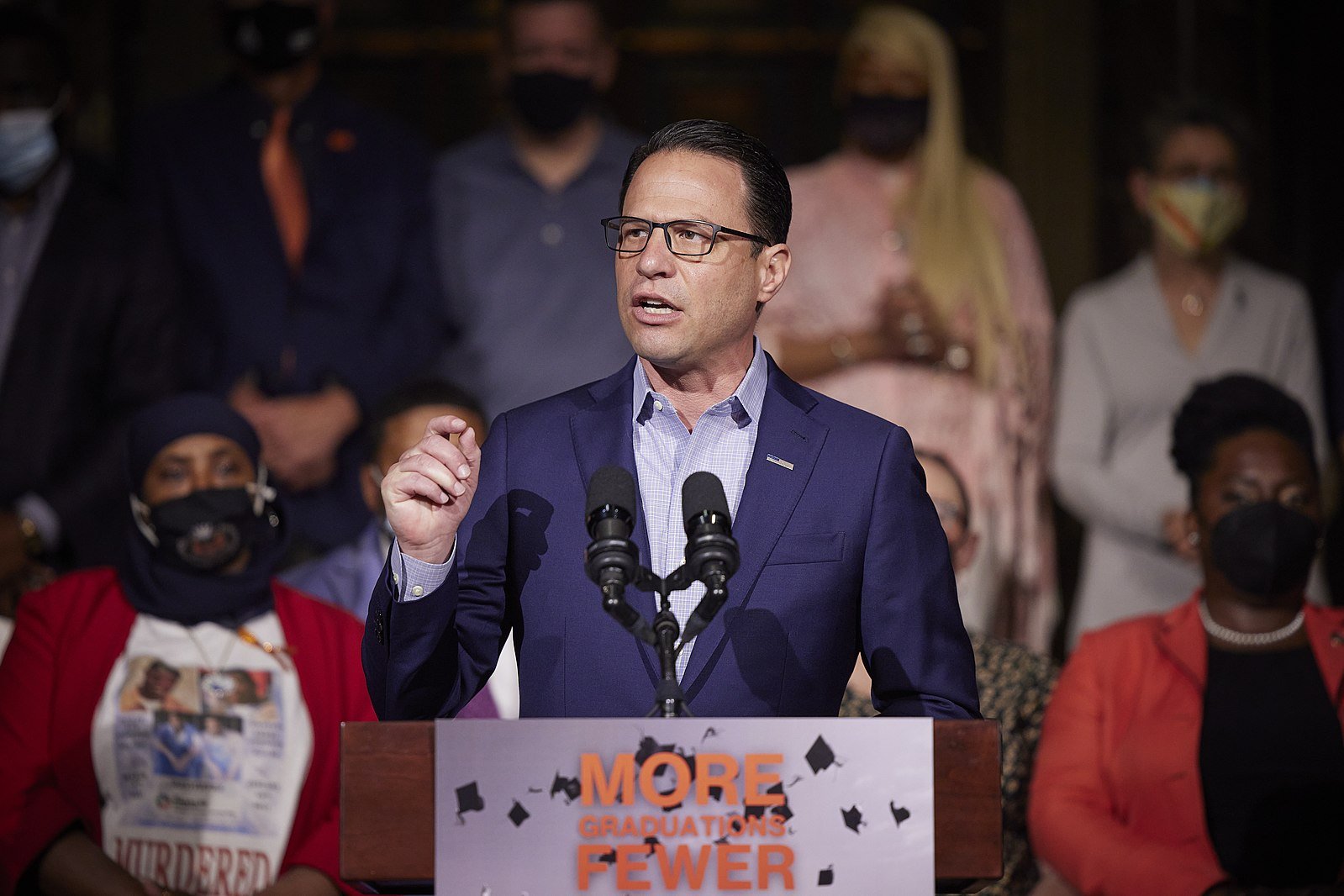VP Pick Walz A Lutheran With Connections To Minnesota’s Muslim Community
In her bid to be the nation’s first female president, Kamala Harris tapped Minnesota Gov. Tim Walz as her running mate, thrusting the outspoken Minnesota Lutheran into the national spotlight.
Walz, 60, brings political experience as well as suburban-and-rural appeal to the presidential race. He also represents a Midwestern state with a growing Middle Eastern population that Harris needs to win come November.
In a Tuesday morning post on X, Walz called joining the ticket alongside Harris “the honor of a lifetime.”
READ: How JD Vance’s Catholic Faith Influenced His Politics
“I’m all in,” he added.
A former U.S. Army noncommissioned officer who once served as a congressman and has been the governor of Minnesota since 2019, Walz is a Lutheran. Minnesota is the state with the most Lutherans in the United States following a wave of Scandinavian immigrants who settled the region starting in the 19th century.
Unlike many American politicians, Walz does not make it a habit to discuss his personal faith in public settings. In the past, he has posted to social media about attending services during Christmas and other holidays.
Walz — once a political moderate who has moved further to the left in recent years — has called Pilgrim Lutheran Church in St. Paul, a congregation in the Evangelical Lutheran Church in America, as “my parish.” The church, considered a mainline parish, is on the more liberal doctrinal spectrum.
“Because we’re good Minnesota Lutherans, we have a rule: If you do something good and talk about it, it no longer counts,” Walz said this past April. “So what you have to do is to get someone else to talk about you.”
Walz is the son of Darlene Rose and James F. Walz. His father was a public school administrator; his mother was a community activist. He has said his parents taught him the values of hard work and community service. He was born in West Point, Nebraska, a community of 3,500 people north of Omaha.
Walz, who worked as a high school civics teacher and football coach before entering politics, is married to Gwen Walz, with whom he has a daughter, Hope, and son named Gus.
The couple met while they were both teaching in Nebraska, near Walz’s hometown. Shortly after they met, they started a summer trip to China for their students and traveled there nearly every summer through 2003. They wed in 1994.
Tim Walz, a former congressman, has been governor of Minnesota since 2019. (Wikipedia Commons photo)
Outreach to the state’s Muslim community
If Harris is elected come Nov. 5, Walz would become only the second Lutheran — after Vice President Hubert Humphrey in 1965 — to occupy the White House. The U.S. has never elected a Lutheran president.
Minnesota, a state with a growing Muslim population, could prove vital come November. Walz has attended Islamic holidays and Eid-al-Fitr celebrations in the past, something that could help Harris win those votes.
Estimates place the Muslim population of Minnesota in 2020 at about 140,00 people. Muslims in Minnesota are a diverse group that includes recent immigrants and those already established in the state representing a variety of racial, ethnic and national backgrounds.
In the days leading up to Harris’ announcement, there had been speculation that the Harris campaign would go with Pennsylvania Gov. Josh Shapiro.
A popular politician from a crucial swing state, Shapiro has publicly and proudly embraced his Judaism and would bring division to the Democratic Party amid the ongoing Israel-Hamas war — a tough sell to progressive voters within Harris’ base.
Josh Shapiro, who is Jewish, is currently the governor of Pennsylvania. (Wikipedia Commons photo)
Why not go with Shapiro?
Shapiro, 51, attended Jewish day school as a child and observes the Sabbath. He also keeps a kosher kitchen at the governor’s mansion and wears a red string around his wrist – a good luck charm his daughter got for him at the Western Wall.
At the same time, Shapiro has also spoken out against the rise of antisemitism, most recently at the June groundbreaking for the new Tree of Life synagogue in Pittsburgh. In doing so, Shapiro pledged that the state would help rebuild the congregation, site of the deadliest antisemitic attack in United States history.
“This is a debt we owe to the people whose lives were cut short when they davened here,” he said, using the Yiddish word for “prayed.”
Shapiro is popular with independents and moderates. In a poll released earlier this summer and before President Joe Biden dropped out of the race, Shapiro outperformed the president by five points in battleground states.
We will never know whether Shapiro would have been a good choice or a bad one. There were some similar concerns in the year 2000 when Vice President Al Gore chose Sen. Joe Lieberman to be his running mate.
“The interesting thing is that, historically, that has always been a much greater concern for Jews” and that most voters don’t care, Brandeis University’s Jonathan Sarna, one of the leading historians of American Jewry, told The Forward. “There is some research that suggests that, if anything, it helped Al Gore. It didn’t hurt him.”
Clemente Lisi is the executive editor of Religion Unplugged. He previously served as deputy head of news at the New York Daily News and a longtime reporter at The New York Post. Follow him on X @ClementeLisi.


